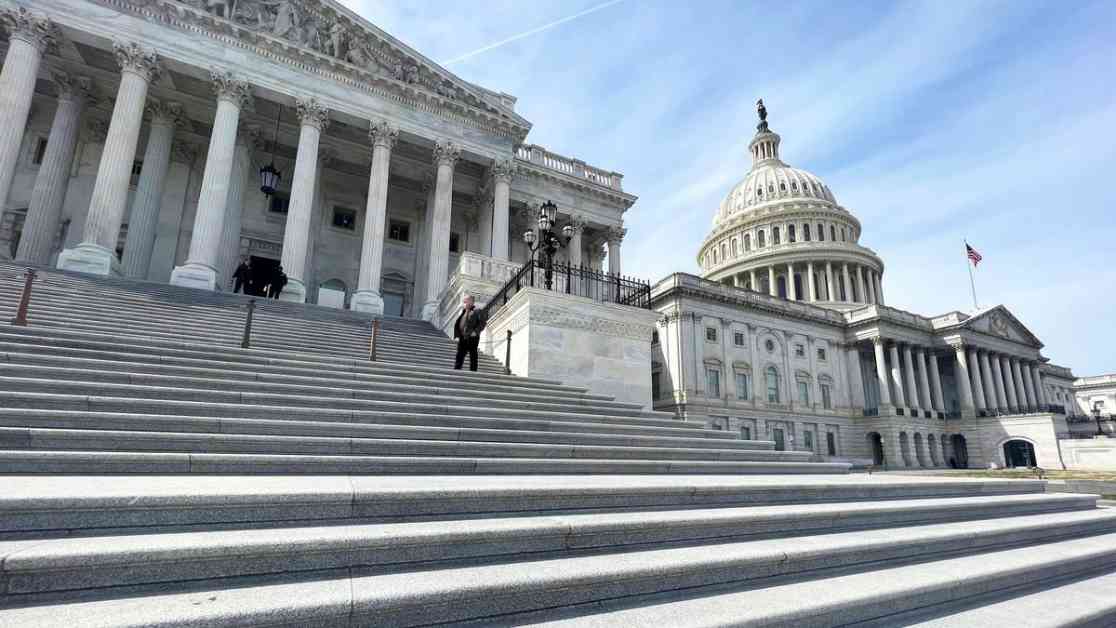The U.S. House of Representatives has passed a bill focused on investigating the illicit use of cryptocurrency in activities such as terrorism and money laundering. The bill, sponsored by Rep. Zach Nunn, aims to establish a working group under the Treasury Department to study the issue and make recommendations on how to address it. Despite the bipartisan support the bill received in the House, it is unlikely to become law without a Senate counterpart.
This latest development in cryptocurrency legislation comes as industry representatives are urging Vice President Kamala Harris to embrace cryptocurrency as a presidential candidate. The push for a more crypto-friendly approach from political leaders reflects the growing prominence of digital assets in the political landscape.
While the House has been making progress on sector-friendly legislation like the Financial Innovation and Technology for the 21st Century Act (FIT21), the Senate has yet to match the House’s enthusiasm for crypto-related measures. The bill sponsored by Rep. Nunn, which was unanimously approved by the House Financial Services Committee last year, underscores the need to address national security concerns related to digital assets.
According to Jaret Seiberg, a TD Cowen analyst, the bill may be more of a political statement than a substantive regulatory measure. Critics of cryptocurrency see it as an opportunity to crack down on money laundering, while advocates view it as a way to dispel misconceptions about the industry’s ties to criminal activities.
As the 2024 presidential contest heats up, the debate around cryptocurrency regulation is expected to intensify. With Congress divided on how to approach the issue, the fate of comprehensive crypto regulation remains uncertain. Industry insiders are closely monitoring developments related to the National Defense Authorization Act, which could have implications for the cryptocurrency sector.
In a related development, the Digital Chamber has urged Vice President Harris to adopt a more positive stance on digital assets and blockchain technology. The letter sent to Harris emphasized the importance of embracing innovation in the crypto space and selecting a running mate with a strong background in engaging with digital assets.
Overall, the passage of the cryptocurrency illicit finance bill in the House signals a growing recognition of the need to address regulatory challenges in the digital asset space. While the bill may face obstacles in the Senate, its approval underscores the importance of strengthening national security and combating illicit activities in the cryptocurrency sector. As political leaders navigate the complexities of crypto regulation, industry stakeholders are advocating for a more informed and forward-looking approach to digital assets.

















